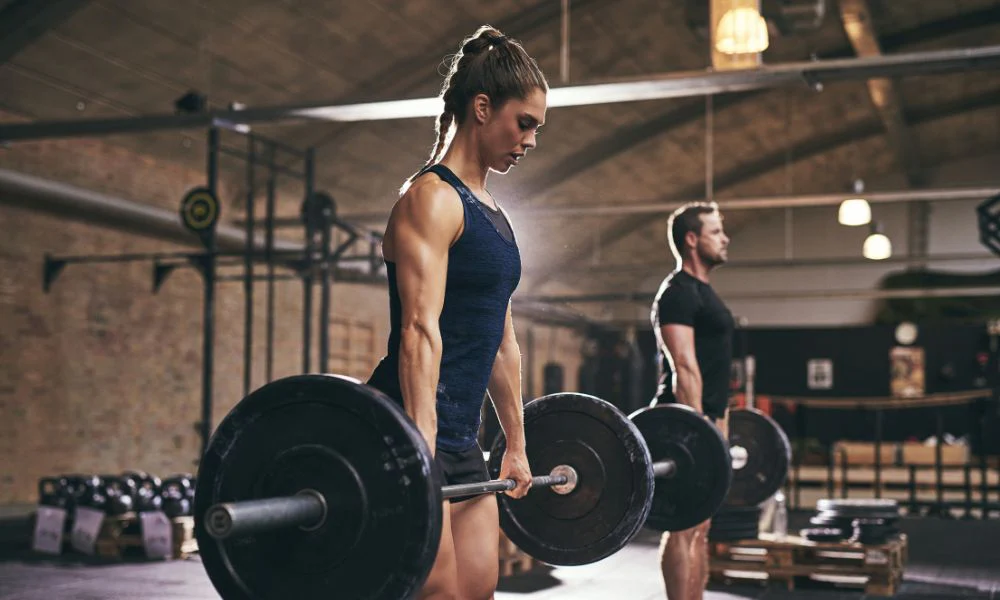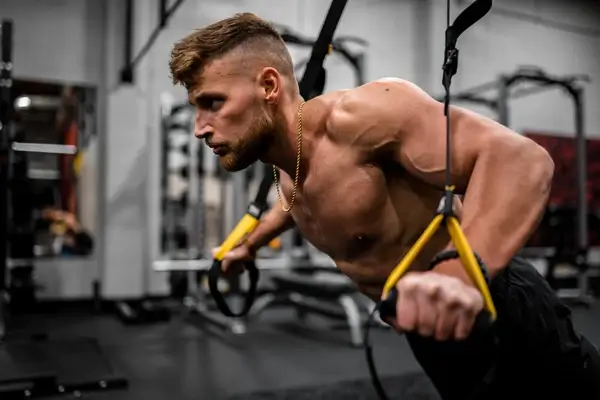
The journey toward athletic excellence begins with understanding proper strength training principles. Training methods that build a strong foundation are crucial for the long-term success of young athletes.
Building proper foundations
Before diving into complex exercises or heavy weights, young athletes must master basic movement patterns. This starts with learning proper form through bodyweight exercises. The simple movements of squatting, lunging, and pushing up help develop coordination and body control. These fundamental exercises build the base for more advanced training methods.
Form over weight
Many young athletes make the mistake of trying to lift too much weight too soon. The perfect technique must come first. Working with light weights or body weights allows athletes to develop proper movement patterns that will serve them throughout their athletic careers. Each repetition should be controlled and precise, focusing on the quality of movement rather than the quantity of weight.
Progressive development
As athletes master basic movements, they gradually add resistance through bands, medicine balls, and eventually light weights. This step-by-step progression ensures safe development while building confidence. Athletes should only advance to heavier weights once they’ve demonstrated consistent proper form with lighter loads.
Essential movement patterns
Focus on exercises that directly enhance athletic performance. These include hip hinge movements for explosive power, squats for leg strength, and upper body pushing and pulling motions. Core stability work proves crucial for injury prevention and improved athletic movement.
Youth Strength Training programs should embrace systematic progression principles for optimal development. Starting with fundamental movements, athletes advance to more challenging exercises as they demonstrate mastery. This methodical approach ensures safe and effective development while building lasting strength foundations.
Proper nutrition support
Young athletes require adequate nutrition to support their training efforts. This means consuming balanced meals that include protein for muscle recovery, carbohydrates for energy, and healthy fats for hormone production. Regular meals and snacks help maintain energy levels and support proper development.

Working with qualified coaches
Having proper guidance makes a substantial difference in training success. Qualified coaches can ensure adequate technique, design appropriate programs, and help athletes understand how different exercises benefit their specific sports. This professional guidance helps avoid common mistakes and accelerates proper development.
Setting realistic goals
Progress in strength training takes time and consistency. Athletes should set achievable goals and track their progress in technique development rather than focusing solely on weight lifted. This approach builds confidence while ensuring safe and steady improvement.
Training environment considerations
Choosing the right environment for strength training can impact success. A well-equipped facility with proper safety equipment allows young athletes to train effectively. Look for spaces with good ventilation, appropriate flooring for exercises, and enough room to perform movements with a full range of motion. Training alongside other dedicated athletes can provide motivation and healthy competition. However, avoid environments where pressure to lift heavier weights might compromise proper form and development.
Practice movement patterns outside of training
Incorporating basic strength movements into daily activities helps reinforce proper patterns. This might include practising proper squat form when picking up objects, maintaining good posture throughout the day, or focusing on core engagement during regular activities. These habits help build body awareness and strengthen the mind-muscle connection necessary for effective training. By following these principles, young athletes develop strength effectively while enhancing their athletic performance.




